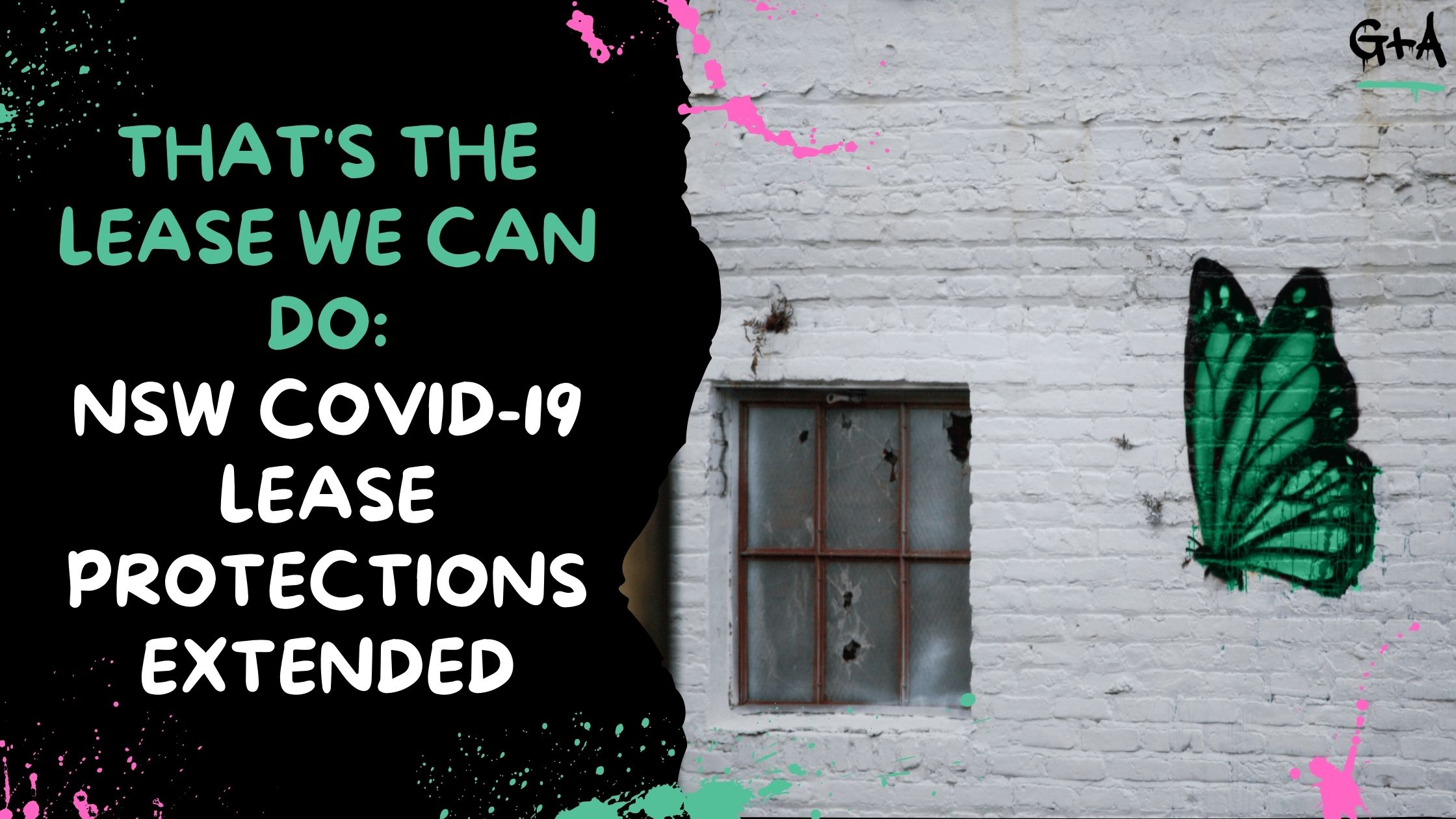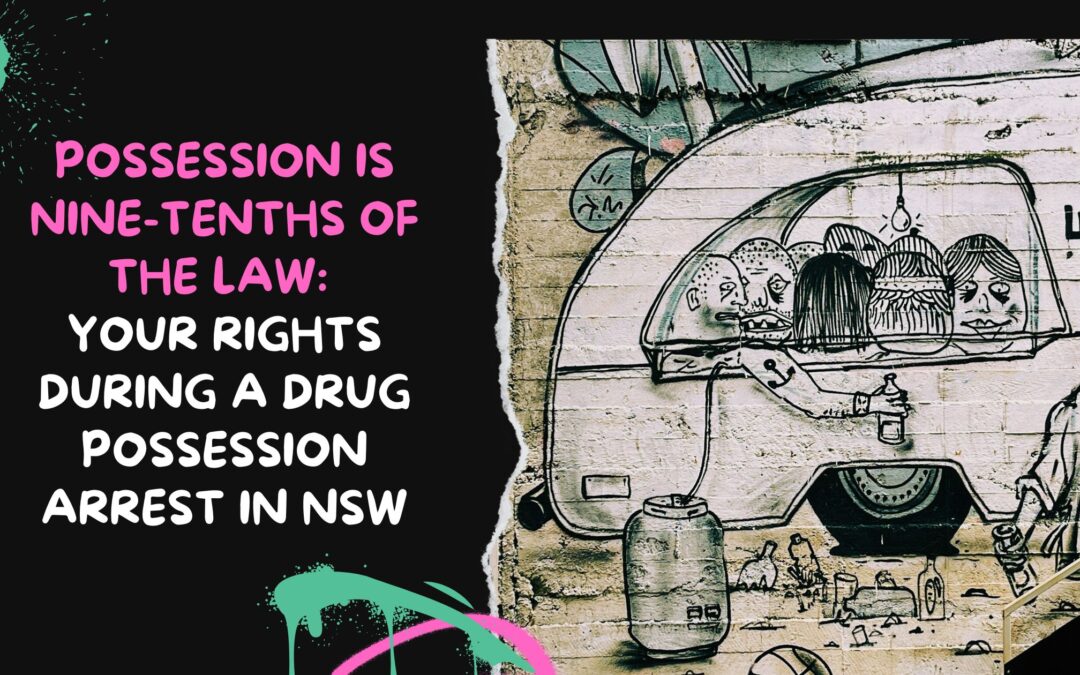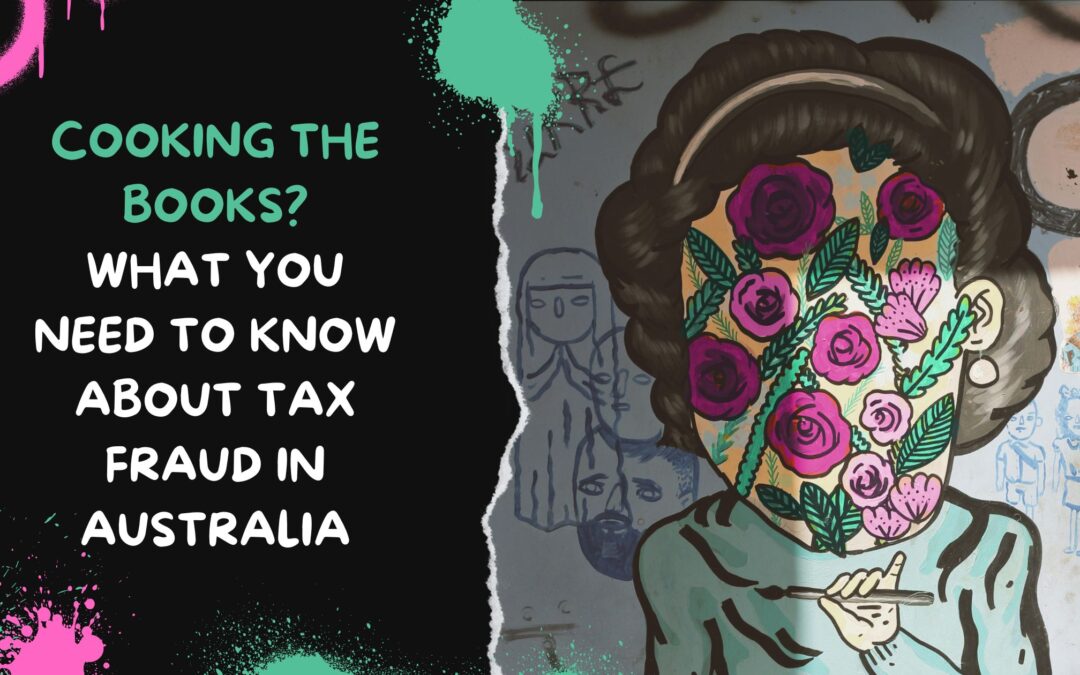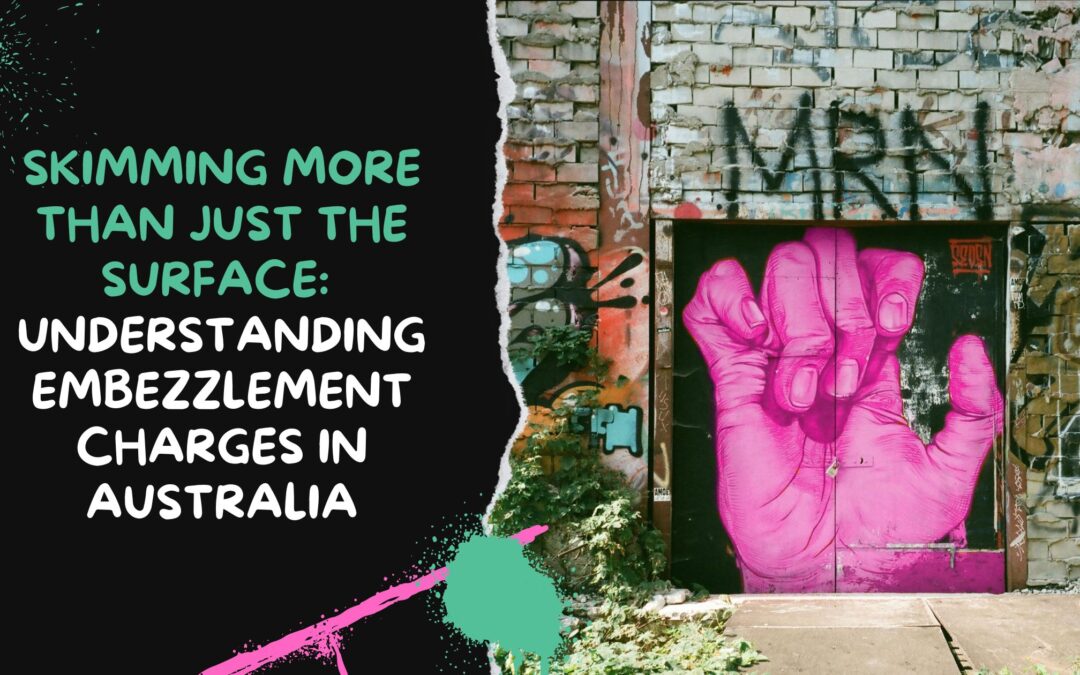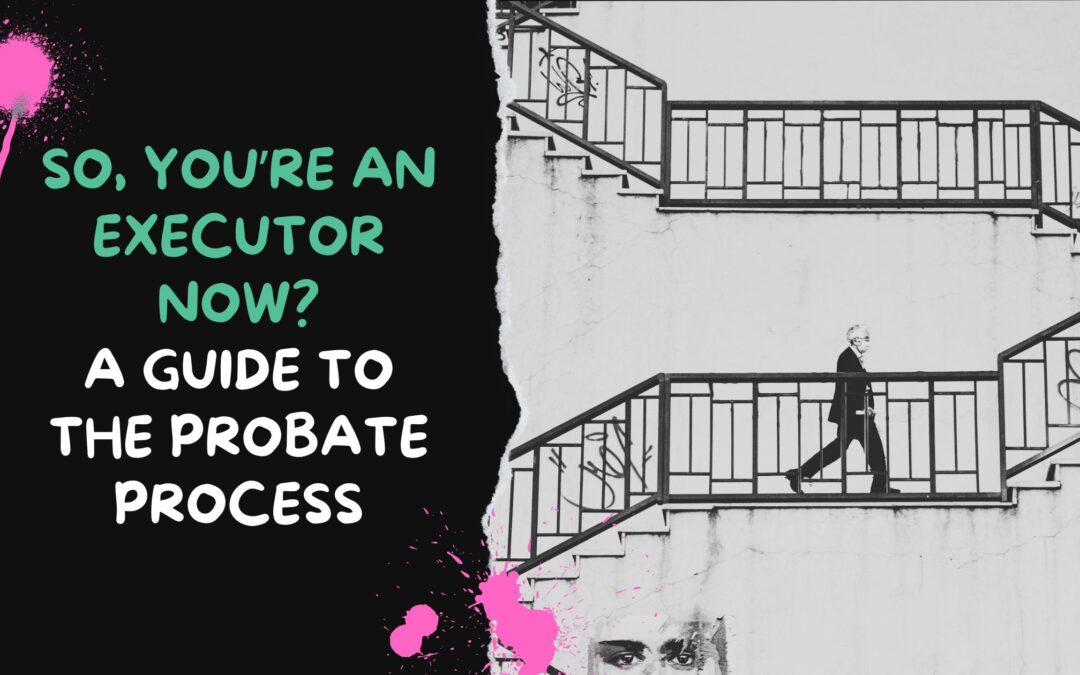That’s The Lease We Can Do
In July 2021, the NSW government introduced temporary COVID-19 protections for commercial and retail leases. These protections have now been extended to the 13th of March; 2022 which means that certain businesses who satisfy the “impacted lessee” criteria at any point during the prescribed period will have another 2 months’ worth of protection.
Navigating through the uncertainty of COVID-19 has been difficult to say the lease (least* 😉 see what we did there?). It has been especially difficult for small business trying to stay afloat, meet their lease agreement and conduct.
We have recently settled a number of lease disputes under the current COVID-19 protections that we are really proud of. So we thought we might share some insight into who or what kind of businesses fall under these protections and whether you might have a case worth fighting for.
Our results have ranged from saving clients from lockouts, insolvency, successfully negotiating rental waivers/relief as well as helping to manage strained relationships with landlords. We have even negotiated offsets for overpayments by back-tracking relief entitlements, putting tenants in credit against future rental payments which ultimately allows them to focus on doing what they do best. I.e. running their business.
The NSW Government have released a criteria of eligibility for the COVID pandemic lease protections.
In order for a tenant to qualify for relief, they must be deemed an “impacted lessee”. What does this mean? An impacted lessee (tenant) is defined as business or individual who qualifies for the following:
- 2021 COVID-19 Micro-business Grant;
- 2021 COVID-19 Business Grant; or
- 2021 JobSave Payment;
The tenant (lessee) must also have a financial turnover of less than $50 million in the financial year of 2020-21. Evidence to support this claim must be provided to the lessor. Furthermore, lessors may request a statement and relevant evidence from the lessee at any time assuming the information is ‘reasonably’ required; must be provided to the lessor within a ‘reasonable time’ after the request has been made. The lessor cannot request this information more than once every 2 weeks.
Once a lessor is identified as an impacted lessee no rent can be increased throughout the prescribed period. Impacted lessees can request a renegotiation of their rent, parties must then (in good faith) begin renegotiations within 14 days of the request. Lessors cannot delay the renegotiations and if negotiations remain unresolved at the end of the prescribed time period, negotiations may continue until resolved.
The lessee’s decline in turnover must be proportionate with the rental relief provided. At least 50% of relief must be in the form of a waiver. Relief does not apply to times in which the lessee wasn’t able to be classified as an impacted lessee.
Any payment/s received from the government will be included in the lessee’s financial turnover when renegotiating the lease agreement.
Under the protections, a lessor cannot take certain prohibited action, including but not limited to terminating a lease; evicting tenants or taking recovery action against them. However, if the lessor has attempted mediation in good faith and failed to resolve the dispute (providing written evidence from the Small Business Commissioner), the above action may be legal.
It should go without mention, that if the lessee breaches the contract in a way separate from COVID-19 pandemic economic impacts, the lessor may take the necessary prescribed actions.
IN SUMMARY:
The extension of the 2022 Regulations allows commercial and retail tenants, who have been impacted financially by the COVID-19 pandemic, to continue to receive support in respect of their leasing obligations. It provides tenants with the ability to renegotiate rent and combat the financial hardship caused by COVID-19 preventing landlords taking unreasonable prescribed action allowing them to stay afloat.
Although tenants will have to meet the necessary criteria to identify as an ‘impacted lessee’ and will need the relevant evidence to support these claims; this is a great incentive that businesses should pursue. Tenants will need to initiate this process by approaching their landlords with supporting documents and a request to renegotiate the rent.
Feel free to contact our office today to see where you and your business stands. We have plenty of experience in settling these types of lease disputes; and will take the guess work out of this process for you, ensuring you get the protections you deserve and more.
